
Physiology reveals how life works—from cells to body systems—and drives the scientific discoveries that transform health and save lives. From aging and cancer to heart health and beyond, physiology provides the foundation every medical advancement depends on. It reveals how the body functions, ensuring diagnostics, therapies and prevention strategies are built on solid science.
The American Physiological Society developed Physiology: The Science Life Depends On to elevate awareness of physiology’s crucial role in science and advocate for sustained research funding.

Why Funding Physiology Matters
From insulin and neonatal care to battlefield readiness—physiology powers breakthroughs that shape lives. Don’t miss Episode 1 of our series.

 Across the United States, federal funding cuts and freezes are stalling grants, halting in-progress research, closing labs and pushing talented scientists—especially early-career researchers—out of the workforce. Momentum is at risk—now more than ever, protecting physiological research means protecting the discoveries our future depends on.
Across the United States, federal funding cuts and freezes are stalling grants, halting in-progress research, closing labs and pushing talented scientists—especially early-career researchers—out of the workforce. Momentum is at risk—now more than ever, protecting physiological research means protecting the discoveries our future depends on.

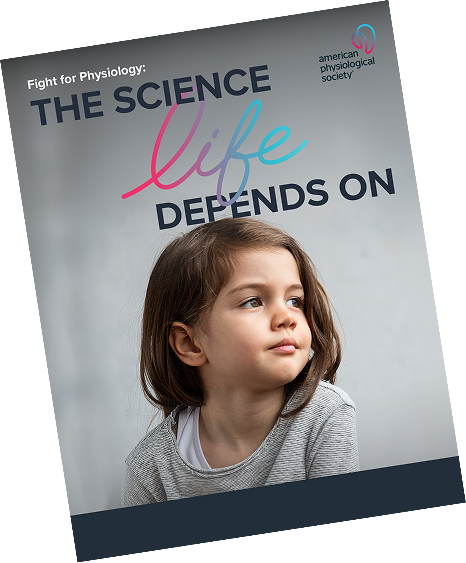
Fight for Physiology: The Science Life Depends On
Uncover why physiology is the science life depends on—and how protecting discovery today safeguards health, future cures and our country’s leadership in biomedical innovation.
This report outlines what leaders across academia, industry and government can do to support physiology, strengthen the discovery pipeline and ensure that progress in health and innovation continues to thrive.
“Physiology fuels our understanding of life and health—unlocking endless possibilities for longer, healthier lives.”
Physiology Powers Breakthroughs
See how physiology research delivers real-world solutions to improve health.
 Pregnancy Shapes a Lifetime of Health
Pregnancy Shapes a Lifetime of Health
Physiology shows that changes during pregnancy reveal early risks for mother and baby. Without physiology, these risks would go unseen. Follow-up care and tracking blood pressure and glucose helps protect long-term health.
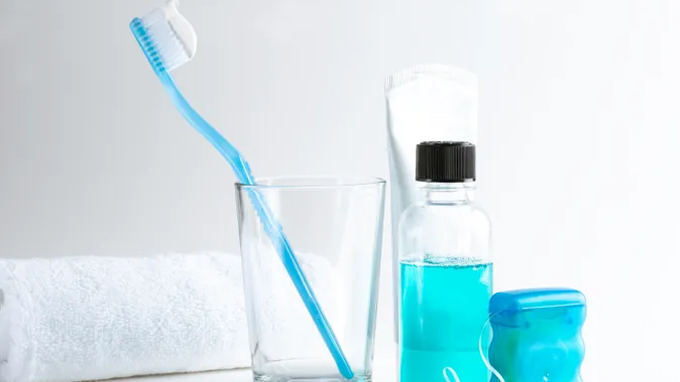 The Mouth May Hold Clues to Brain Health
The Mouth May Hold Clues to Brain Health
Physiology reveals unexpected connections. In adults 65+, serious gum disease is linked to higher Alzheimer’s risk. Unhealthy gum bacteria may travel in the bloodstream, fuel brain inflammation and promote harmful protein buildup.
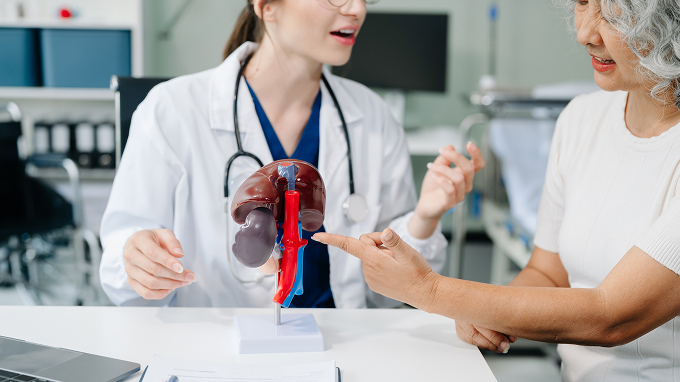 Pig Organs Could Save Human Lives
Pig Organs Could Save Human Lives
Over 100,000 people in the U.S. await organ transplants. Physiological advances make genetically matched pig organs a potential lifesaving option. If upcoming trials succeed, more patients could receive transplants faster and live longer.
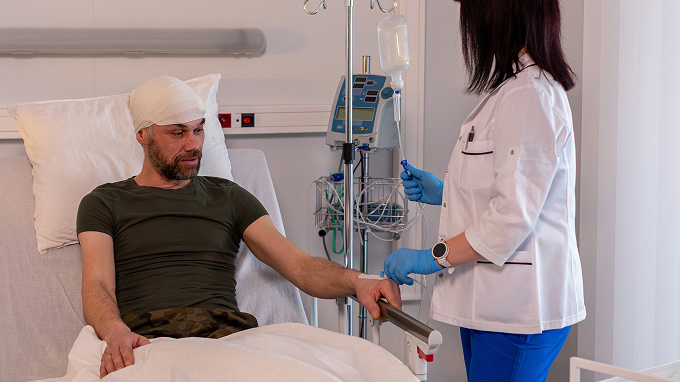 Transform Brain Recovery After Injury & Illness
Transform Brain Recovery After Injury & Illness
Physiology is reshaping recovery for stroke, depression and PTSD. Targeted vagus nerve stimulation—which connects the brain, heart and gut—releases chemicals that help the brain rewire and speed recovery.
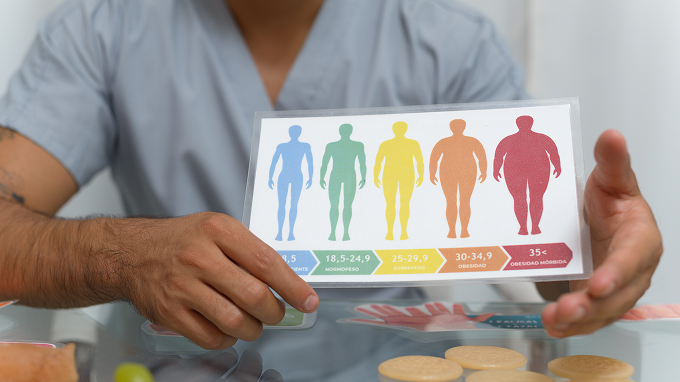 What Fat Genes Reveal About Obesity
What Fat Genes Reveal About Obesity
Obesity affects over 100 million people in the U.S. The physiological differences between types of fat help explain why some people face higher diabetes and heart disease risks—and point to new treatments.
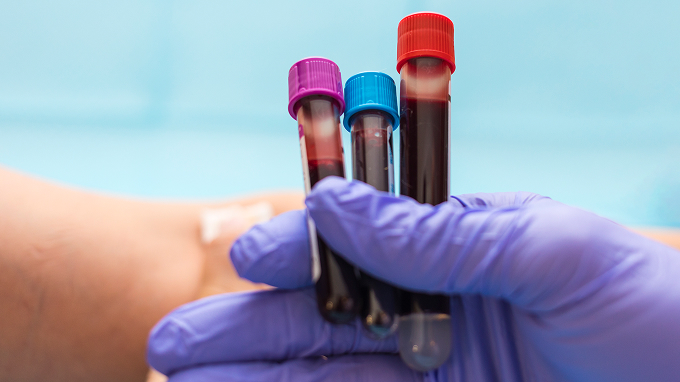 New Advances for Sickle Cell Disease
New Advances for Sickle Cell Disease
Physiology is transforming care for sickle cell disease. By revealing how misshapen cells block blood flow, researchers pinpointed solutions—leading to treatments that restore healthy circulation and offer potential cures.
Resources
Campaign Background
Advocate for Science
Learn About Physiology
Stay Engaged
- For media inquiries, contact APS@jpa.com
- Join our email newsletter


